Inside a secret Chinese bitcoin mine
Bitcoins may be virtual currency, but they're still operated and maintained in a physical space. Step into a bitcoin mine.

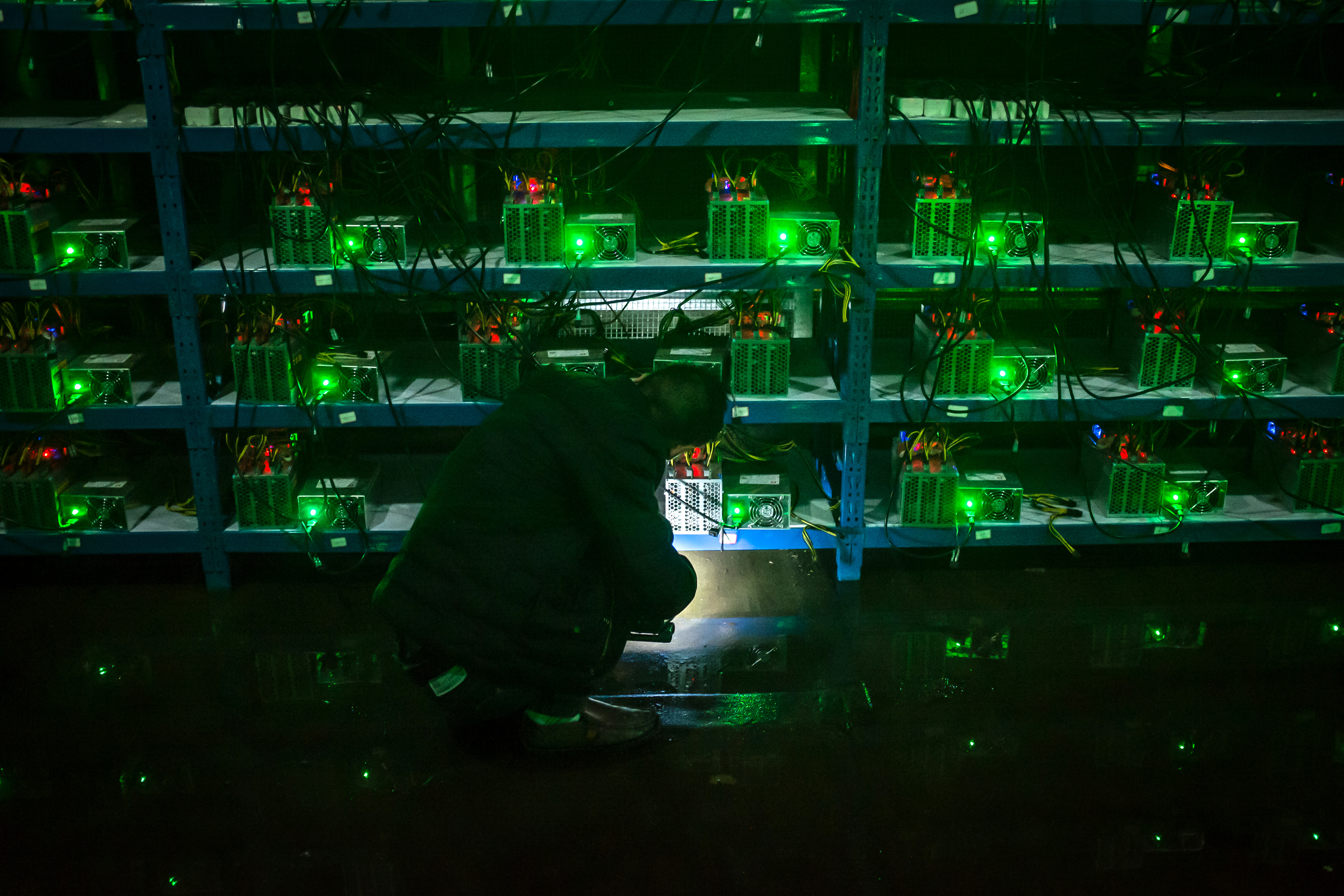
A free daily email with the biggest news stories of the day – and the best features from TheWeek.com
You are now subscribed
Your newsletter sign-up was successful
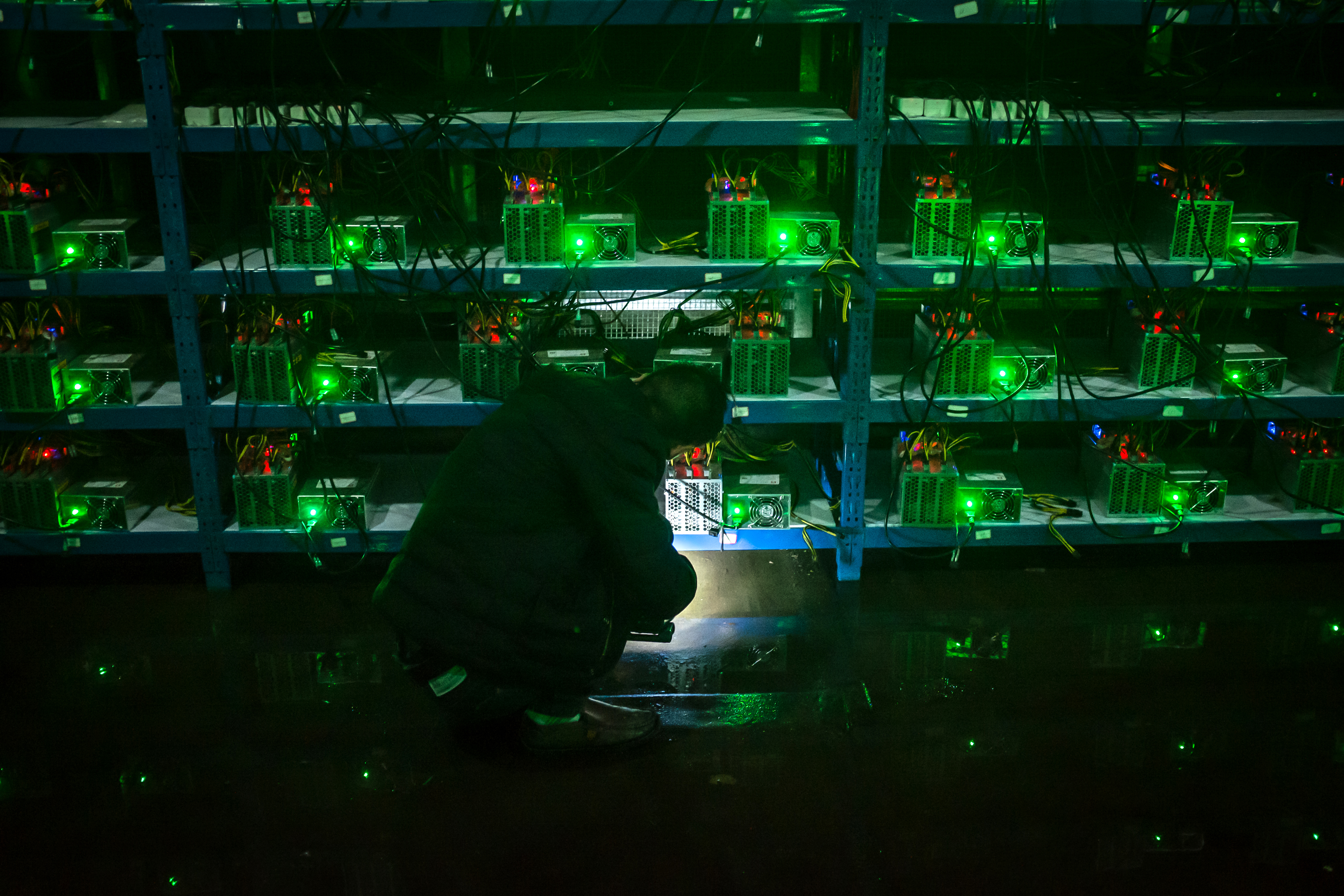
(EPA/LIU XINGZHE/CHINAFILE)Much of bitcoin's allure comes from its intense level of decentralization. But like any monetary system, bitcoin still requires checks and balances, validation and verification.That's where "mining" comes in.Bitcoin users are tasked with keeping their own ledger of every single transaction that occurs in the system, including the ones they're not involved in. To keep everyone's records updated and in sync, thousands of power users — called "miners" — confirm each transaction's validity in real time, essentially by solving complicated algorithms. Miners then send out the verified information to the network.Mining is a competition, of sorts. Miners use special computer programs to solve the series of codes and functions that make up the highly encrypted transaction data. The first person to get through is rewarded with new bitcoins. Notably, solving the functions relies more on chance and processing power than the miner himself, making it more of a lottery than a math test.So to be successful, a bitcoin miner needs two things: an array of supercomputers and the massive amount of electricity needed to fuel them.That's why despite bitcoin's global accessibility, China has emerged as the cryptocurrency's leader. By manufacturing most of the world's mining equipment and building massive mines that take advantage of cheap electricity, China has more bitcoin processing power than any other country, by a huge margin.
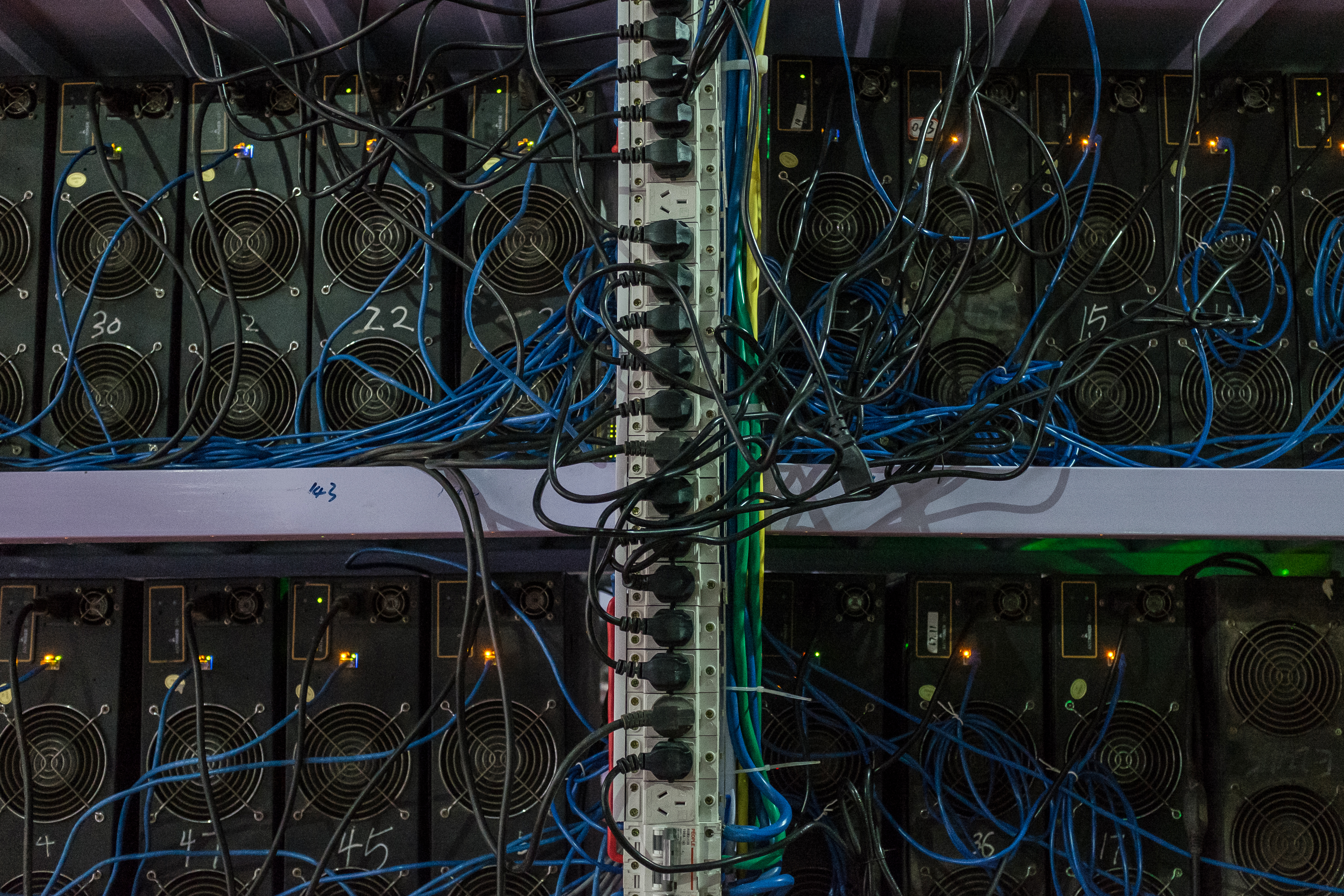
(EPA/LIU XINGZHE/CHINAFILE)The global "capital of bitcoin mining" is China's Sichuan province, thanks to its abundance of hydropower plants and some of the world's cheapest electricity. Bitcoin mines there can gross millions per year — all of it outside of government control.But because the industry exists in a bit of a legal gray area, the mines are often shrouded in secrecy — locations are concealed and visitors are severely restricted.That's especially true now that the Chinese government has started to clamp down on bitcoin mines. To get a piece of the action, the state has introduced trading fees and rules to restrain users. Some bitcoin mines have begun to mysteriously shut down or relocate their operations.But in September 2016, European Press Agency photographer Liu Xingzhe visited a mine built next to an undisclosed power plant deep in Sichuan; the nearest public transportation was almost 20 miles away. The mine had 550 machines running 24 hours a day and was operated by a handful of employees who lived on site and worked on behalf of clients all around the world.Below, take a tour of this secret bitcoin mine:
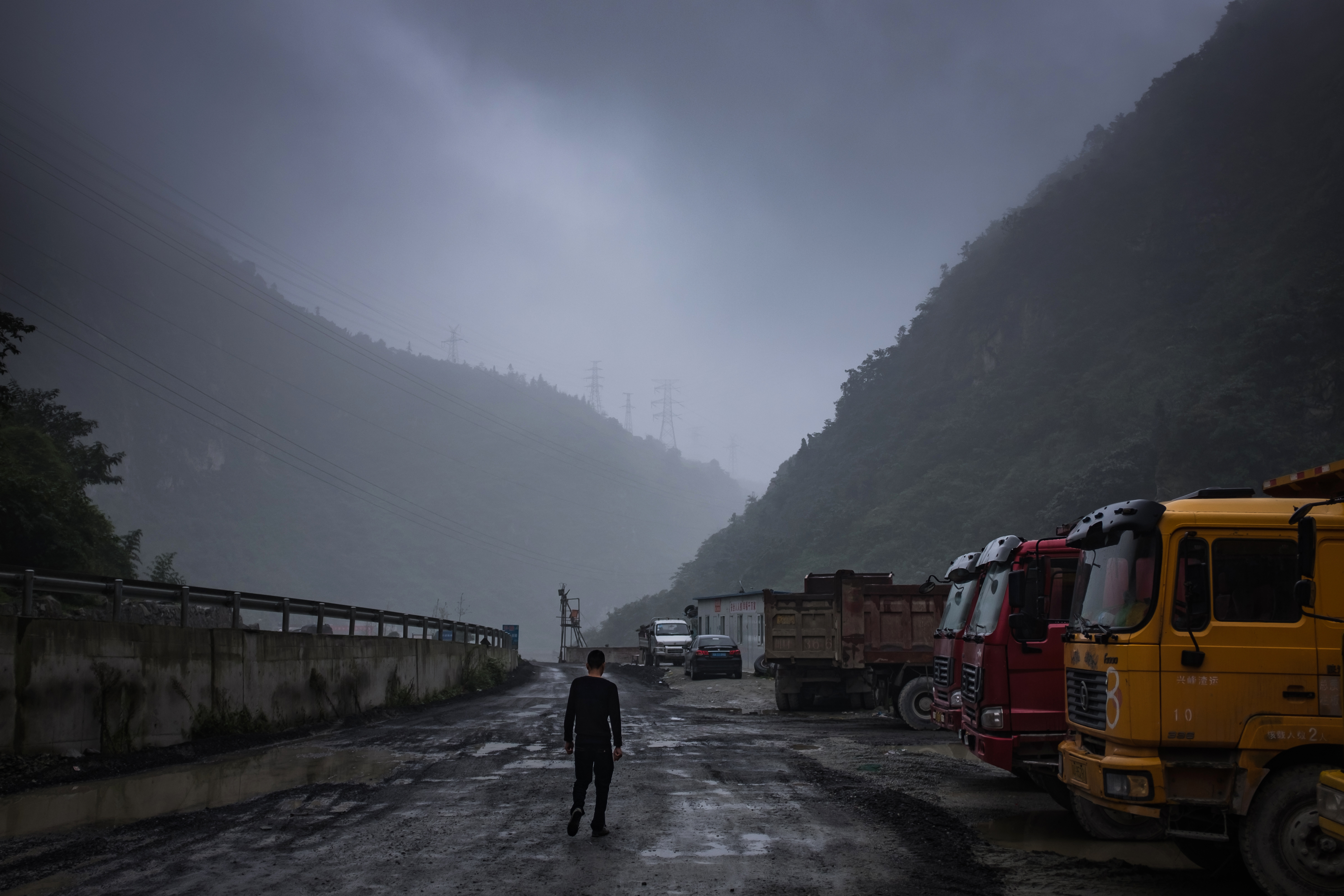



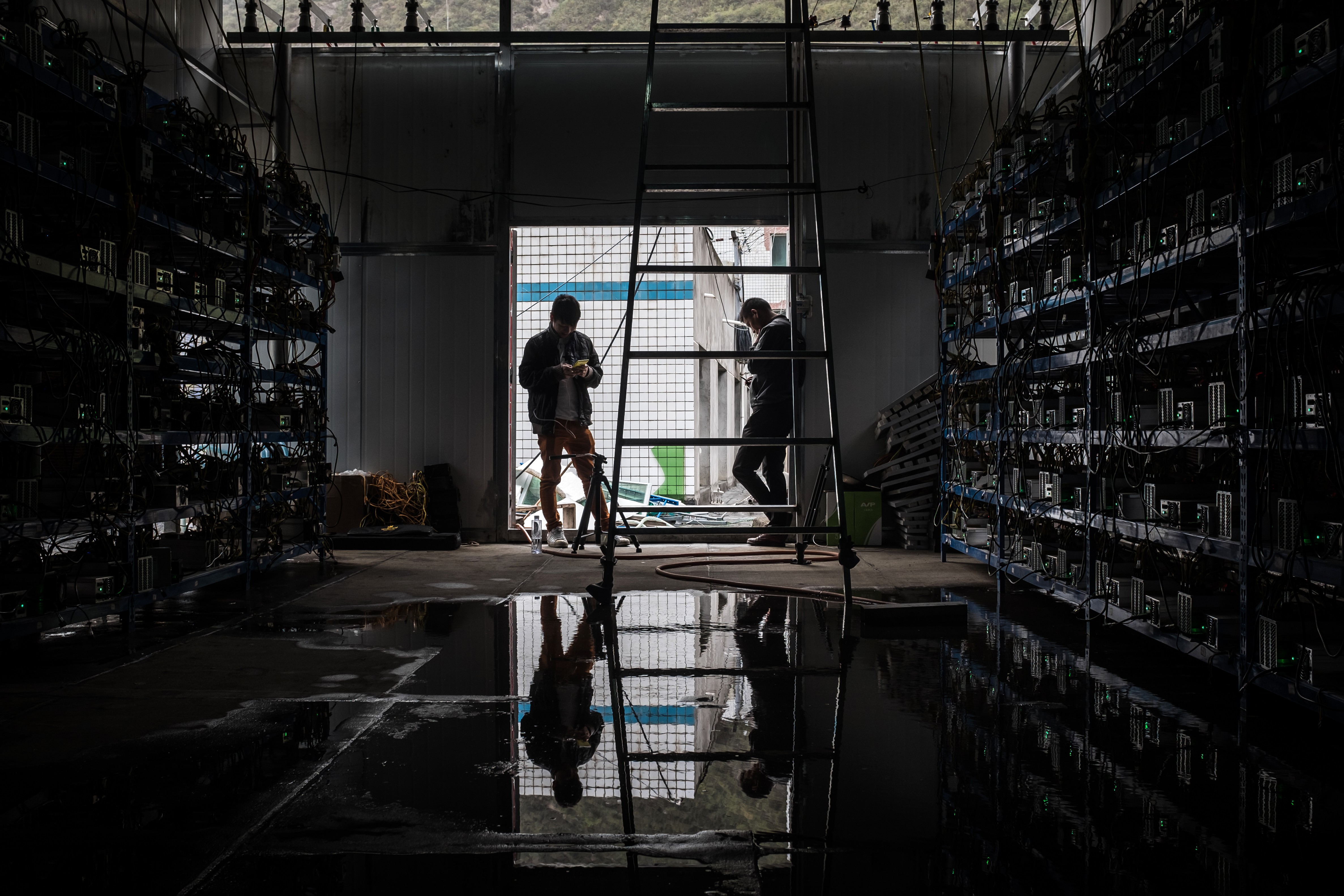
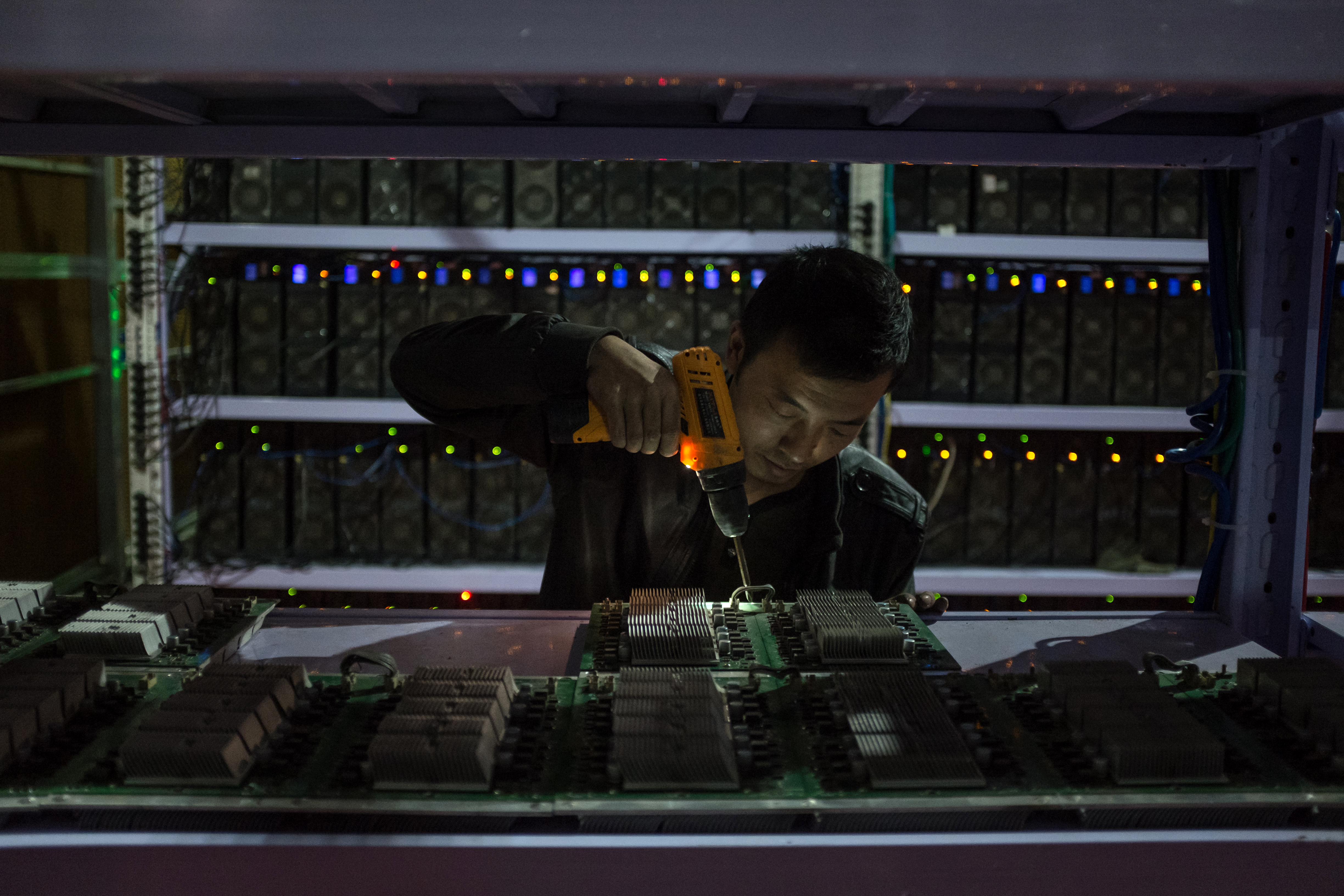
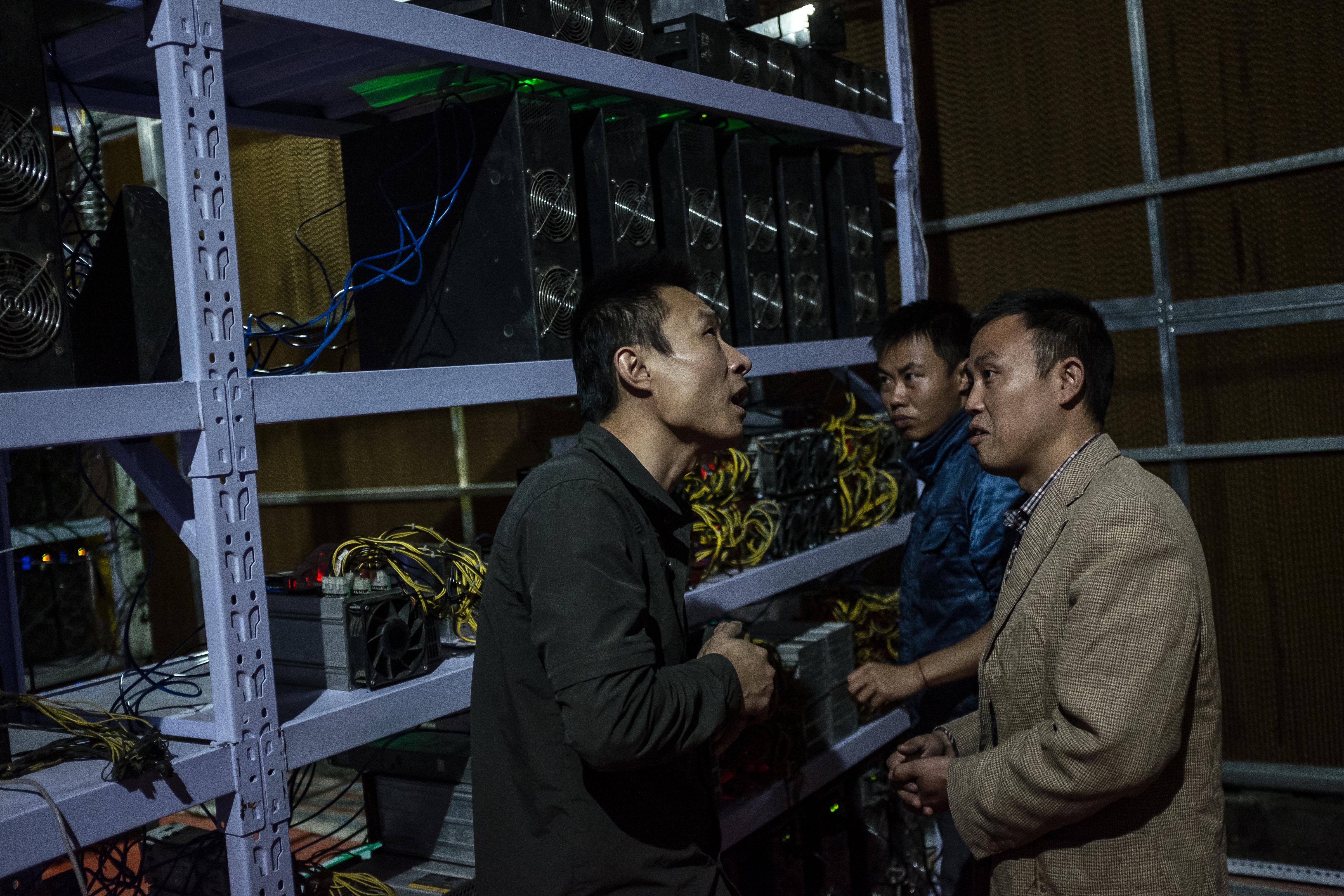
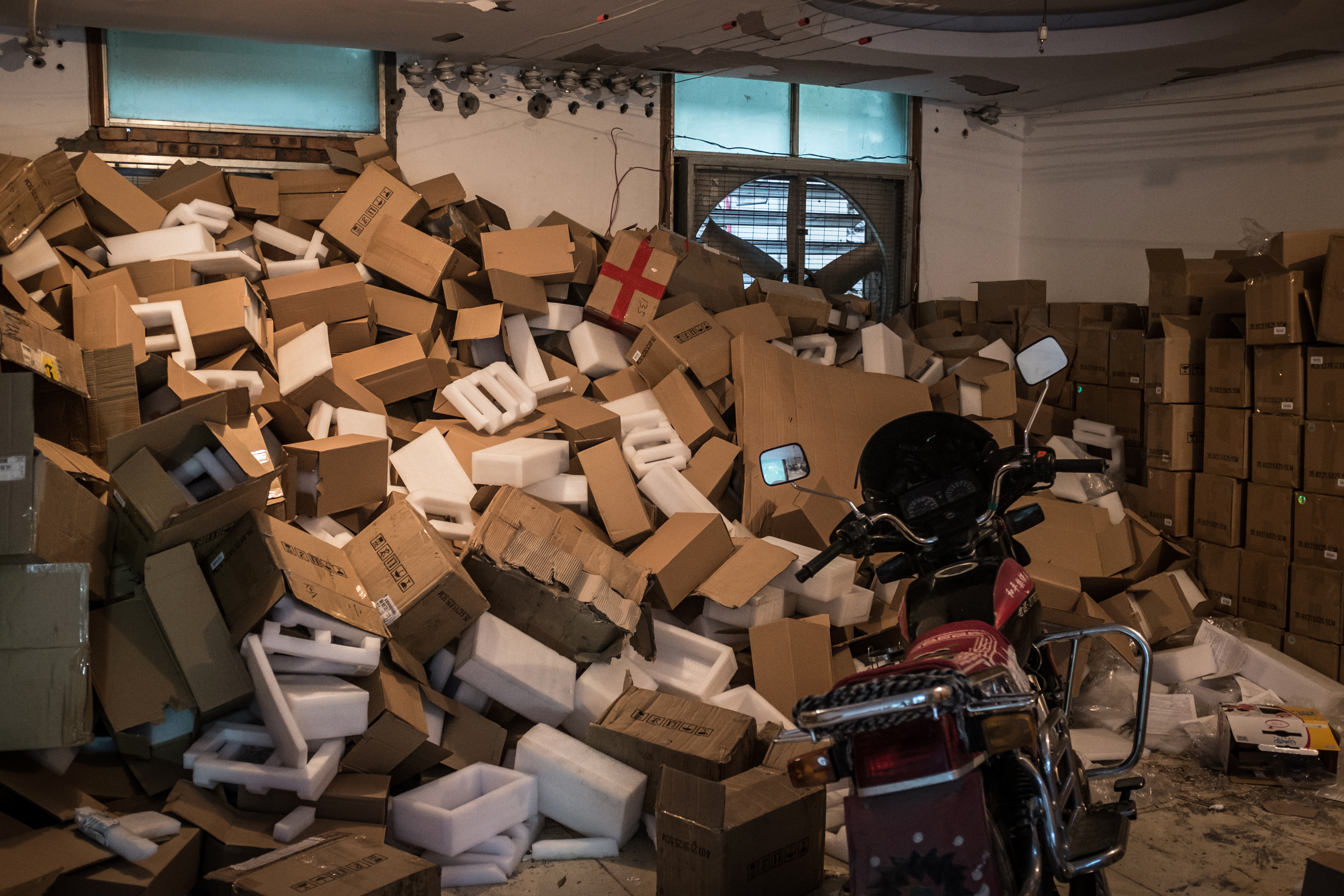
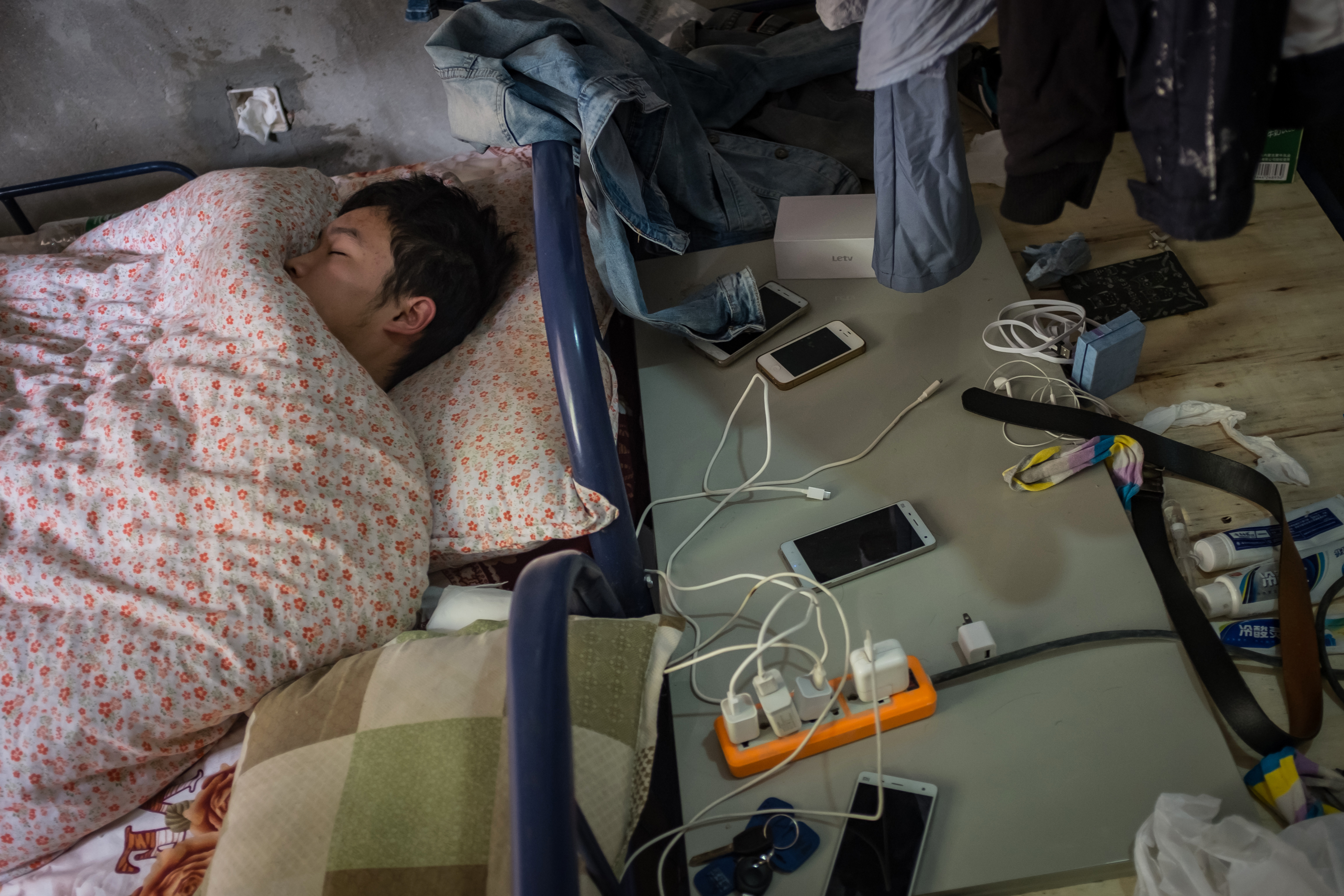
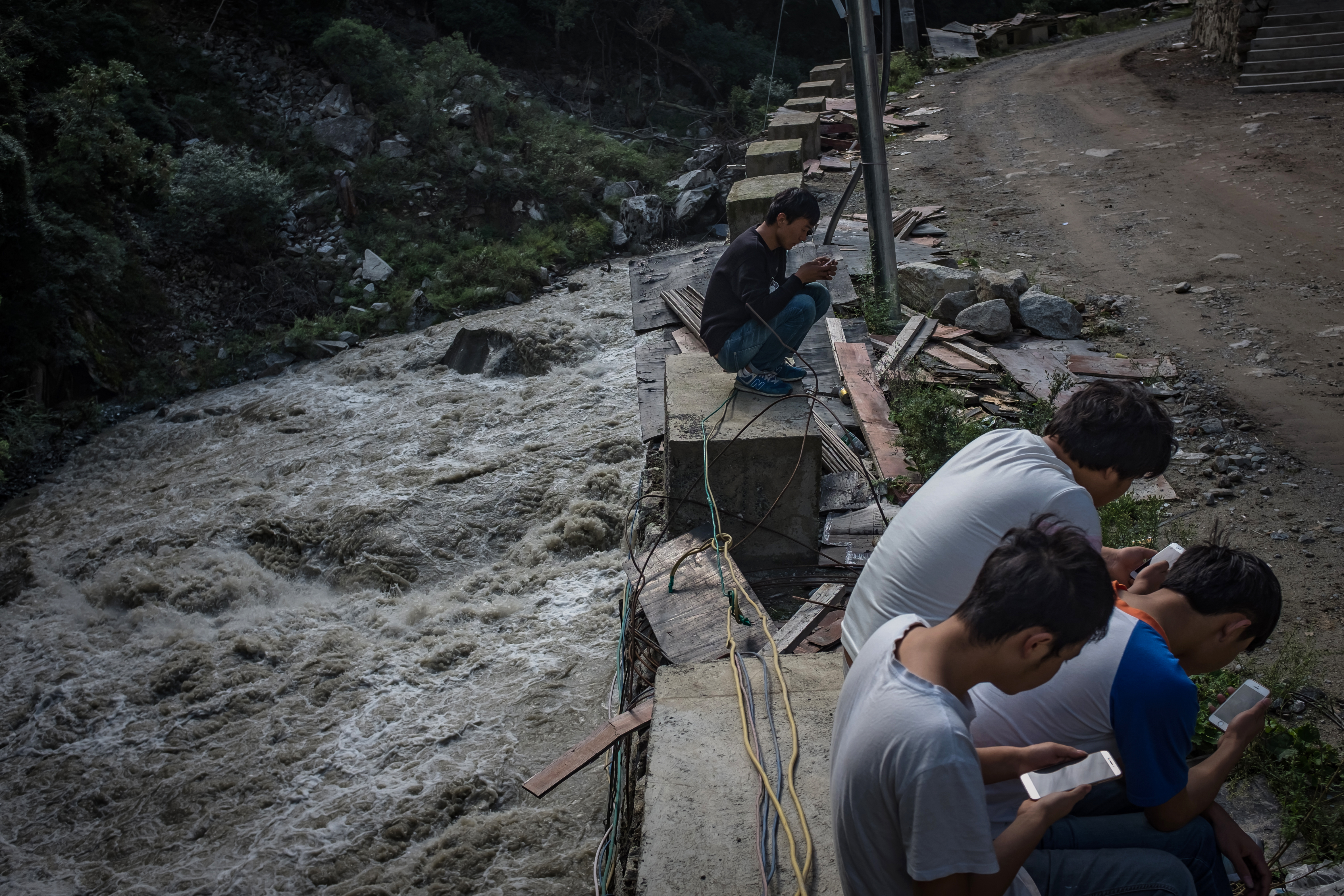
A free daily email with the biggest news stories of the day – and the best features from TheWeek.com
Kelly Gonsalves is a sex and culture writer exploring love, lust, identity, and feminism. Her work has appeared at Bustle, Cosmopolitan, Marie Claire, and more, and she previously worked as an associate editor for The Week. She's obsessed with badass ladies doing badass things, wellness movements, and very bad rom-coms.
-
 Political cartoons for February 15
Political cartoons for February 15Cartoons Sunday's political cartoons include political ventriloquism, Europe in the middle, and more
-
 The broken water companies failing England and Wales
The broken water companies failing England and WalesExplainer With rising bills, deteriorating river health and a lack of investment, regulators face an uphill battle to stabilise the industry
-
 A thrilling foodie city in northern Japan
A thrilling foodie city in northern JapanThe Week Recommends The food scene here is ‘unspoilt’ and ‘fun’
